Glenn Close Honors Amy Poehler and Wayne Brady at Bring Change to Mind Fundraiser
As part of the night’s inspiring program, Glenn Close honored two celebrity pals who have joined her in the fight to destigmatize mental illness.
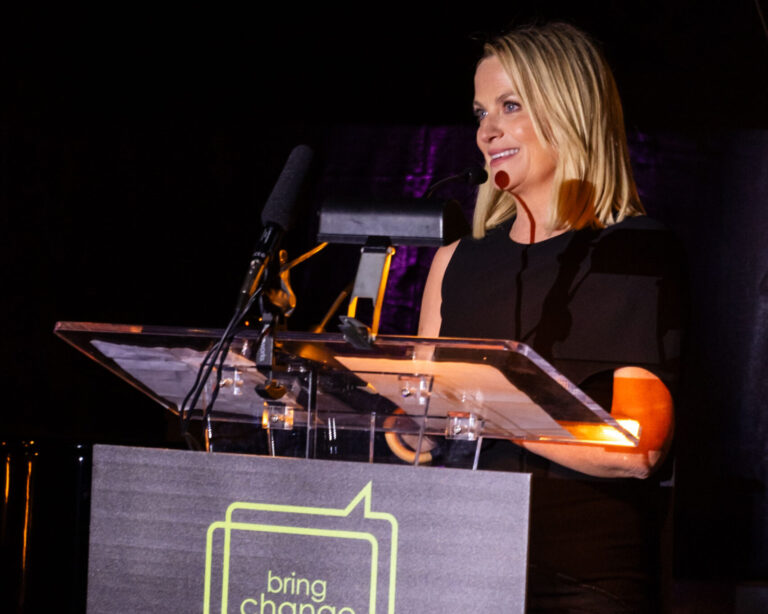
As part of the night’s inspiring program, Glenn Close honored two celebrity pals who have joined her in the fight to destigmatize mental illness.
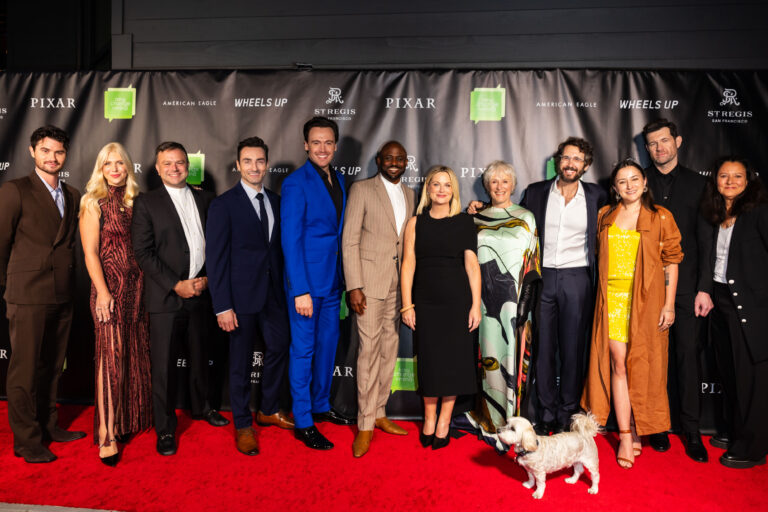
It was a star-studded party the lucky guests won’t soon forget, as Glenn Close welcomed supporters–and some of her best celebrity friends–to a fundraiser for her mental health nonprofit Bring Change to Mind (BC2M).

The ‘Outer Banks’ star may be on the brink of mega-stardom, but he’s not thinking about all that. Instead, he’s focusing on honesty, authenticity, and the “next right thing.”
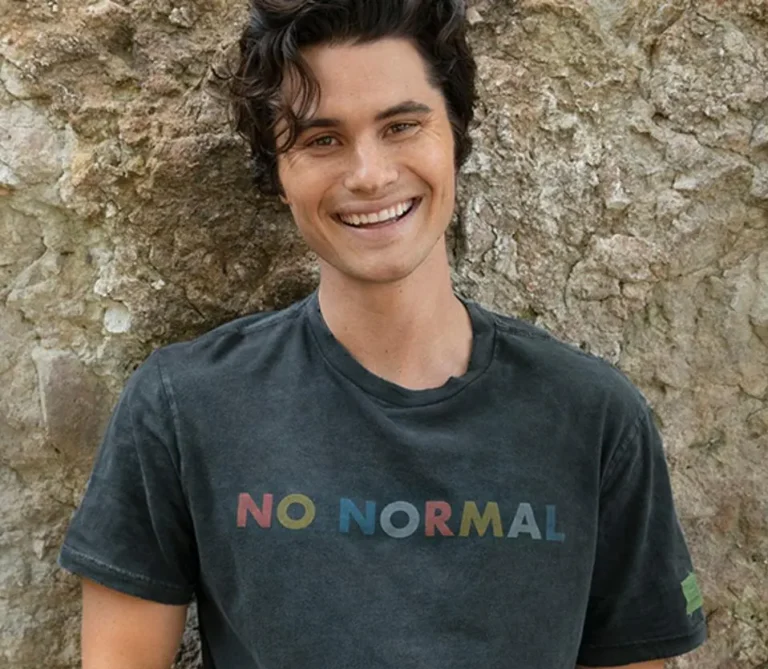
The iconic fashion retailer has committed $1.6 million to actress Glenn Close’s Bring Change to Mind nonprofit since 2021 to address the growing mental health crisis among young people.
https://www.newburyportnews.com/news/local_news/nhs-sees-rise-in-vaping-incidents/article_60432d2c-b09e-11ee-8151-772c07a6ca15.html
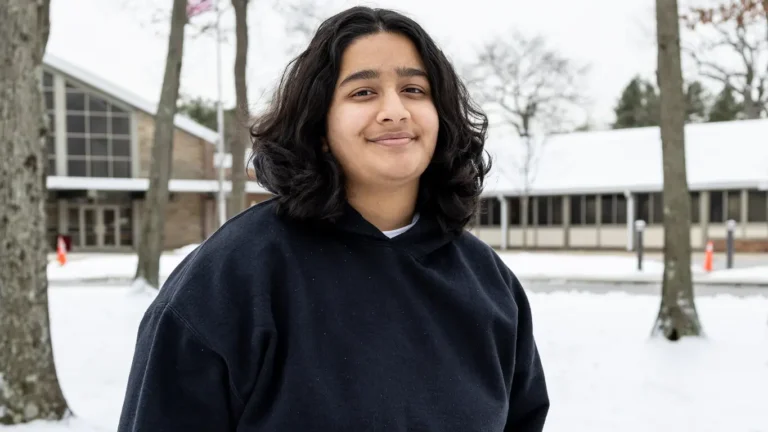
https://www.nytimes.com/2024/02/06/health/adolescents-mental-health-clubs.html?unlocked_article_code=1.Tk0.XN3m.IOjJ37zmWno3&smid=url-share
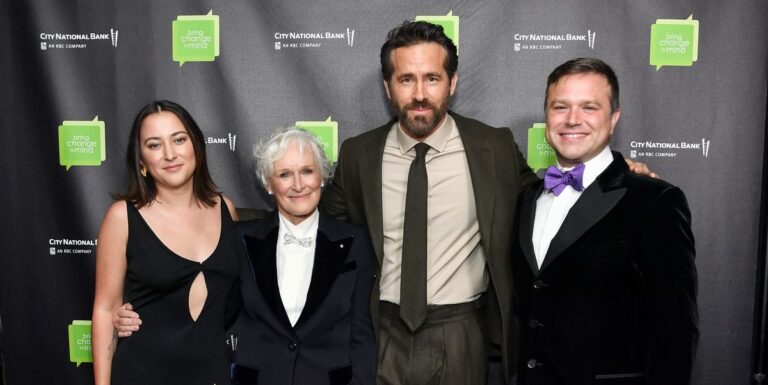
https://www.dailymail.co.uk/tvshowbiz/article-12613303/Robin-Williams-Zelda-Zak-Glenn-Close-Bring-Change-Mind.html
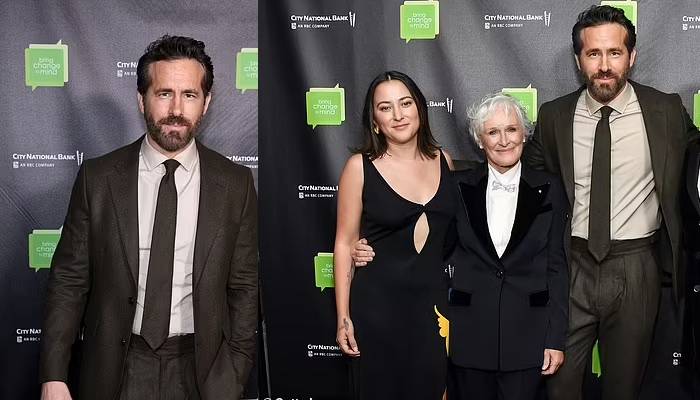
https://www.thenews.com.pk/latest/1117901-ryan-reynolds-remembers-late-robin-williams-after-receiving-laughter-award
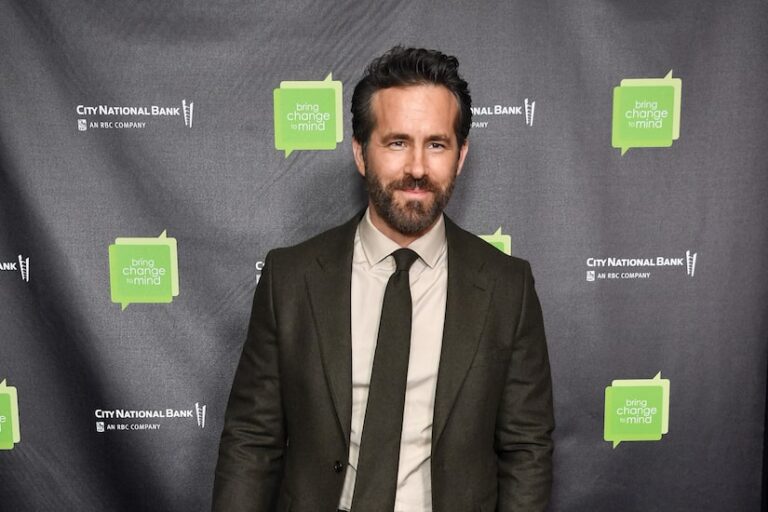
https://www.fox5dc.com/video/1293496